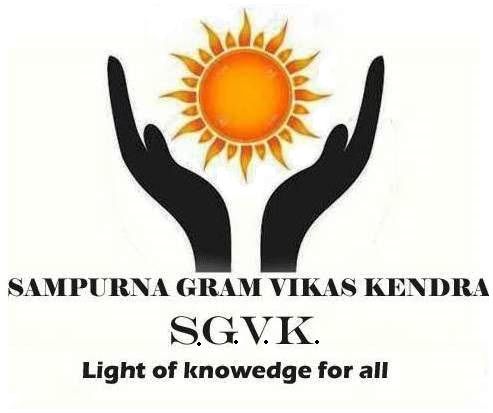

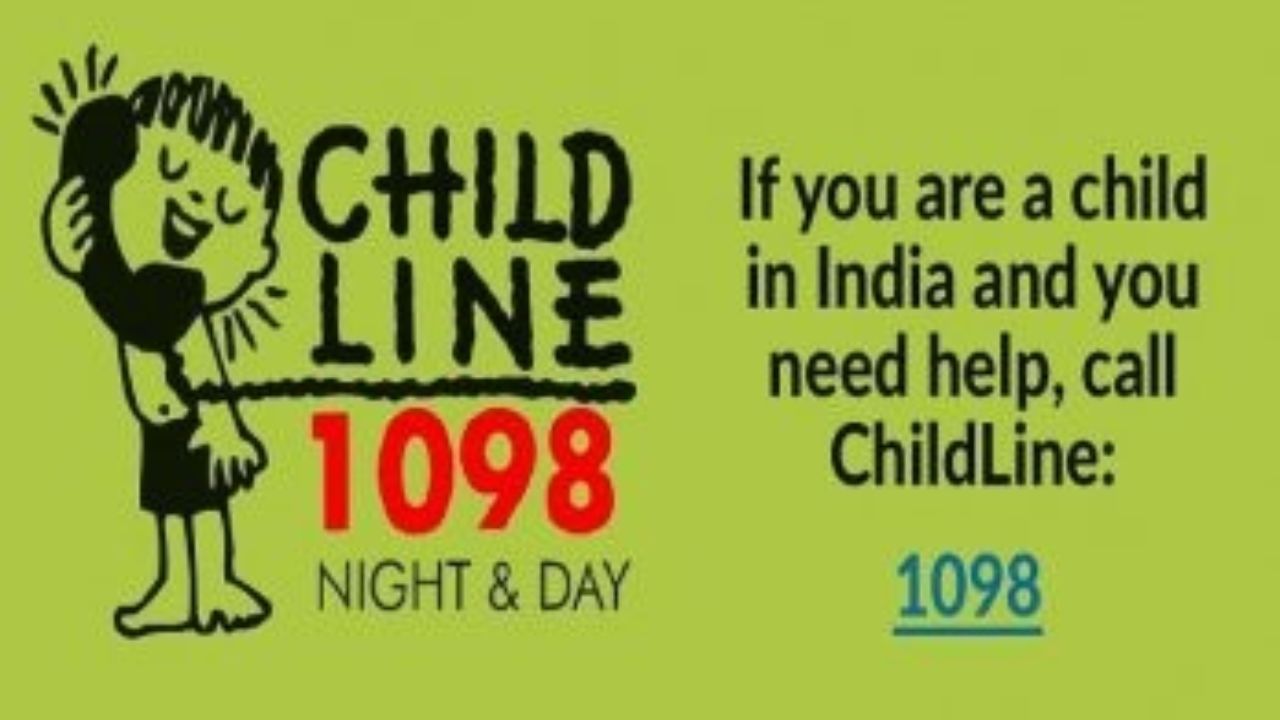
Childline 1098 came into focus in January 2016 in Palamu District with the support of SGVK. This is 24-hour, toll-free emergency phone outreach service is dedicated to providing immediate assistance & long-term rehabilitation for children in need of care & protection. SGVK operates the Childline Collab Centre in Palamu, Jharkhand, with a mission to ensure the rights & protection of all children. The service strives to reach every child in need, using technology to connect with them, drive systemic change through active advocacy, integrate efforts across various sectors (including the state, civil society, corporates, & communities), & emphasize child protection as a shared responsibility.
Since its inception, Childline 1098 has intervened in the cases of 2369 children, successfully resolving 2356 of them, providing essential support & rehabilitation. The service follows the four Cs model—Connect, Catalyze, Collaborate, & Communicate—which drives its operations. This model focuses on connecting with children through technology, advocating for stronger systems, collaborating with various stakeholders, & making child protection a priority for everyone. Through this collaborative approach, Childline 1098 has been able to reach marginalized children, promote a child-friendly society, & make significant contributions to child protection in the region.
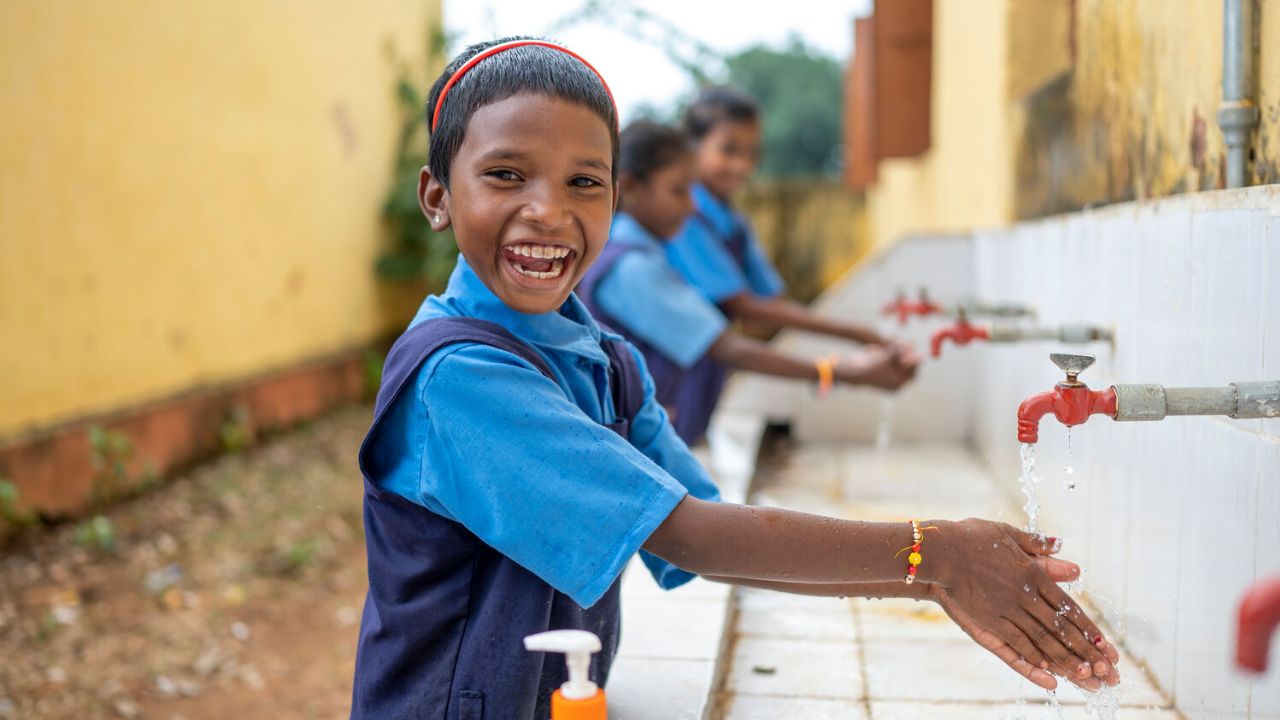
The Water, Sanitation, & Hygiene (WASH) Project (2014-2015) was implemented in selected villages of Palamu district, Jharkhand, with the objective of improving water security, sanitation, & hygiene among marginalized communities. Supported by Welthungerhilfe & Viva Con Agua, the project aimed to complement government policies & programs while strengthening community-based institutions, enhancing access to safe drinking water, & promoting better hygiene practices.
One of the significant achievements of the project was the formation & strengthening of Community-Based Organizations (CBOs) for effective water resource management. Various training programs were conducted on bookkeeping, leadership, & rights awareness, helping 25 Self-Help Groups (SHGs) establish bank linkages, with 9 receiving loans to support their livelihoods. Community leaders were trained in advocacy, leading to improved access to government schemes, & as a result, two rural water supply schemes & three drainage systems were approved through collective efforts.
The project also focused on increasing access to safe drinking water by installing 218 Matka Filters, which provided a low-cost filtration solution to rural households. Water quality assessments were conducted using Jal Tara Kits, testing 143 water sources & raising awareness about safe drinking water. Additionally, Water Awareness Camps were organized, engaging 52 villagers & school children to educate them on the dangers of waterborne diseases & the importance of safe drinking water.
In an effort to eliminate open defecation & improve sanitation, the project conducted Community-Led Total Sanitation (CLTS) Training in multiple villages, making communities aware of the negative impact of poor sanitation on health & dignity. Personal Hygiene & Sanitation Training (PHAST) sessions were held to promote behavior change & best hygiene practices. The project also demonstrated the use of EcoSan toilets, constructing six such units, which provided a sustainable & eco-friendly alternative to traditional sanitation methods while also enabling the reuse of waste for organic farming.
Advocacy & capacity-building initiatives played a crucial role in the project. A multi-stakeholder meeting was organized to sensitize officials on sanitation & hygiene policies, & a mass rally on WASH & WATSAN, with over 1,450 participants, raised awareness & resulted in the submission of a memor&um advocating for better sanitation facilities. The project also hosted an Exposure Visit for European Union (EU) partners, allowing them to observe best practices in WASH implementation. Additionally, with local contributions & community support, a community hall was constructed, serving as a dedicated space for WASH-related activities & community gatherings.
One of the most remarkable achievements of the project was the successful mobilization of ₹1.15 crore in government funds for sanitation, water supply, & infrastructure development in the targeted villages. These funds facilitated the construction of PCC roads, wells, drainage systems, & h& pumps, along with the implementation of two rural water supply schemes in Kishunpur & Sirma panchayats.
The WASH project created a lasting impact by empowering marginalized communities to take ownership of their water & sanitation needs. Through strategic advocacy, grassroots mobilization, & capacity-building efforts, it not only improved access to essential sanitation & hygiene facilities but also ensured long-term behavioral changes. By fostering a sense of collective responsibility, the project successfully enabled local communities to sustain these improvements well beyond the project duration.
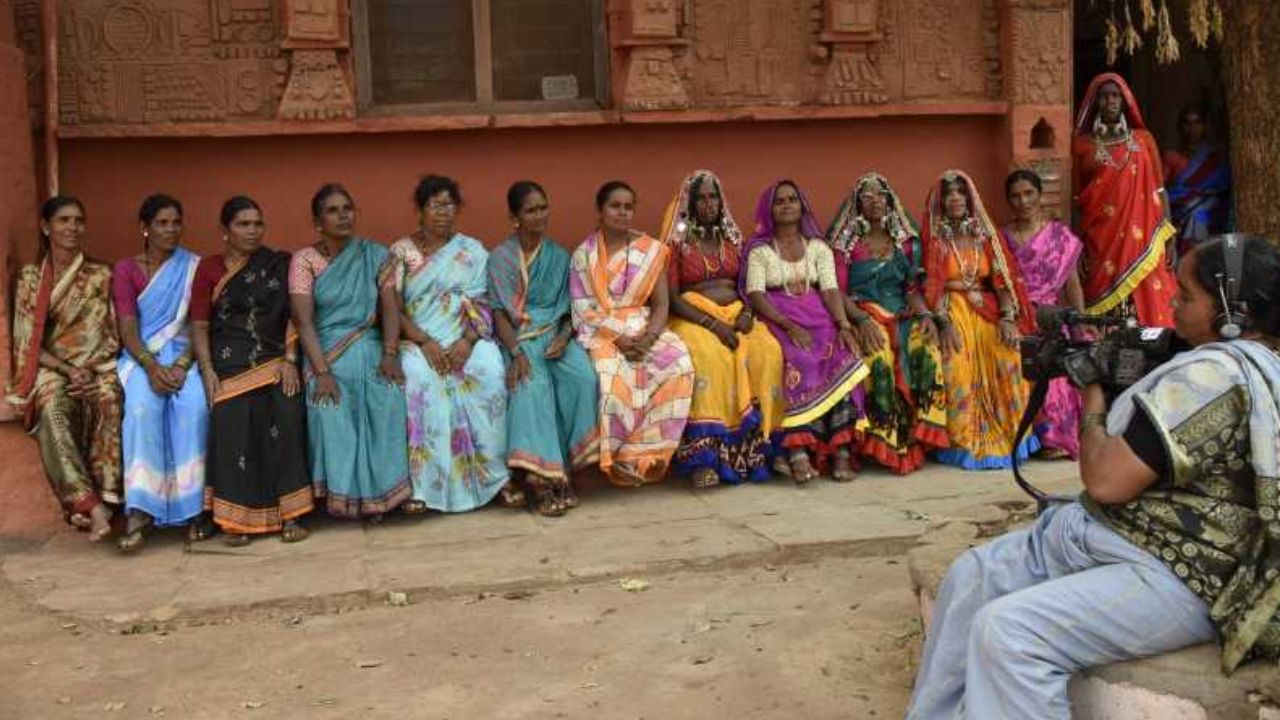
Sampurna Gram Vikas Kendra (SGVK) is actively spearheading a comprehensive Dalit Empowerment initiative in Palamu, Jharkhand, to safeguard & promote the human rights of Dalits, Adivasis, & women. Through strategic collaboration with Civil Society Organisations (CSOs) & Community-Led Organisations (CLOs), a robust network has been established to collectively advocate for justice & inclusion. The project has facilitated 51 capacity-building meetings with 35 CLOs & 4 CSO meetings involving 9 CSOs. A l&mark state-level training program sensitized PRI membersmostly from SC/ST communitieson Dalit human rights, helping them underst& the very laws made for their protection. SGVK also formed an active fact-finding team to investigate & advocate for justice in cases of atrocities, successfully monitoring 20 special court cases & securing justice in 2 cases. Compensation amounting to ₹4.5 lakh was ensured in 4 atrocity cases, while 73 SC/ST families received aid from the Forest Department, & 47 families in Panki Block received l& titles under the Forest Rights Act. Moreover, 4 children were rescued from trafficking, & 10 SC/ST children gained access to education through Kasturba schools. With over 350 change agents mobilized & a network of 24 youth clubs across 24 districts engaging 1,200 volunteers, SGVK, in association with national platforms like NCDHR & supported by Oxfam India Trust & Christian Aid, continues to lead the movement for Dalit rights, aiming to uplift 1,000 l&less individuals & secure their rightful entitlements.
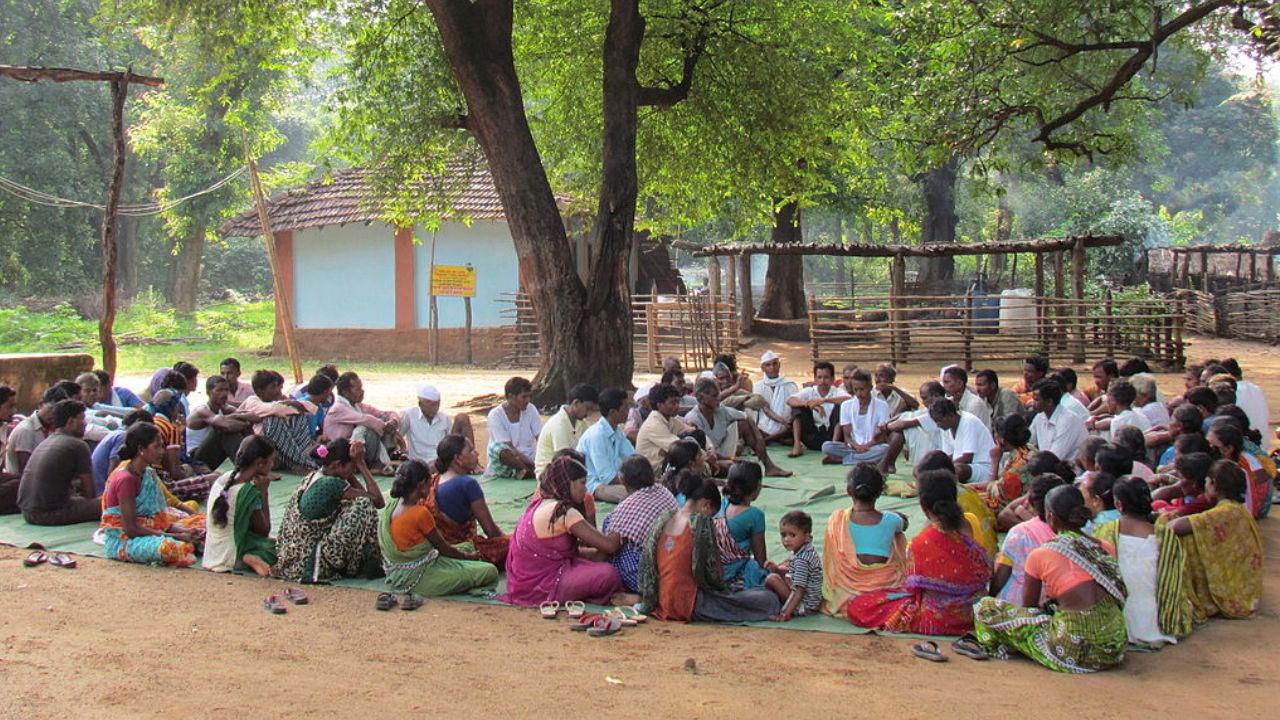
Sampurna Gram Vikas Kendra (SGVK) has been actively promoting grassroots democracy through its Panchayati Raj and Governance initiative, emphasizing the centrality of the Gram Sabha in driving village development. SGVK believes that real development is only possible when villagers actively participate in decision-making processes, making the Gram Sabha more crucial than even the Lok Sabha or Vidhan Sabha at the village level. To strengthen democratic governance and enhance participatory planning, SGVK facilitated the formation and capacity-building of Community-Based Organizations (CBOs), leading to the emergence of 98 local leaders and the formation of 20 Kisan Samitis, with 18 becoming operational. The organization conducted a two-phase Training of Trainers (TOT) program to empower these leaders with knowledge about rights and sustainable agricultural practices. Recognizing the knowledge gap among Panchayati Raj Institution (PRI) members, SGVK also conducted orientation sessions and workshops across multiple units to educate them on their roles and responsibilities under the Jharkhand Panchayati Raj Act (JPRA) 2001. These interventions resulted in reactivating dormant Gram Sabha committees and encouraged villagers to take collective responsibility for their development. Through these initiatives, SGVK has strengthened local governance structures, empowered PRI leaders, and fostered a culture of accountability and participatory development at the grassroots level.
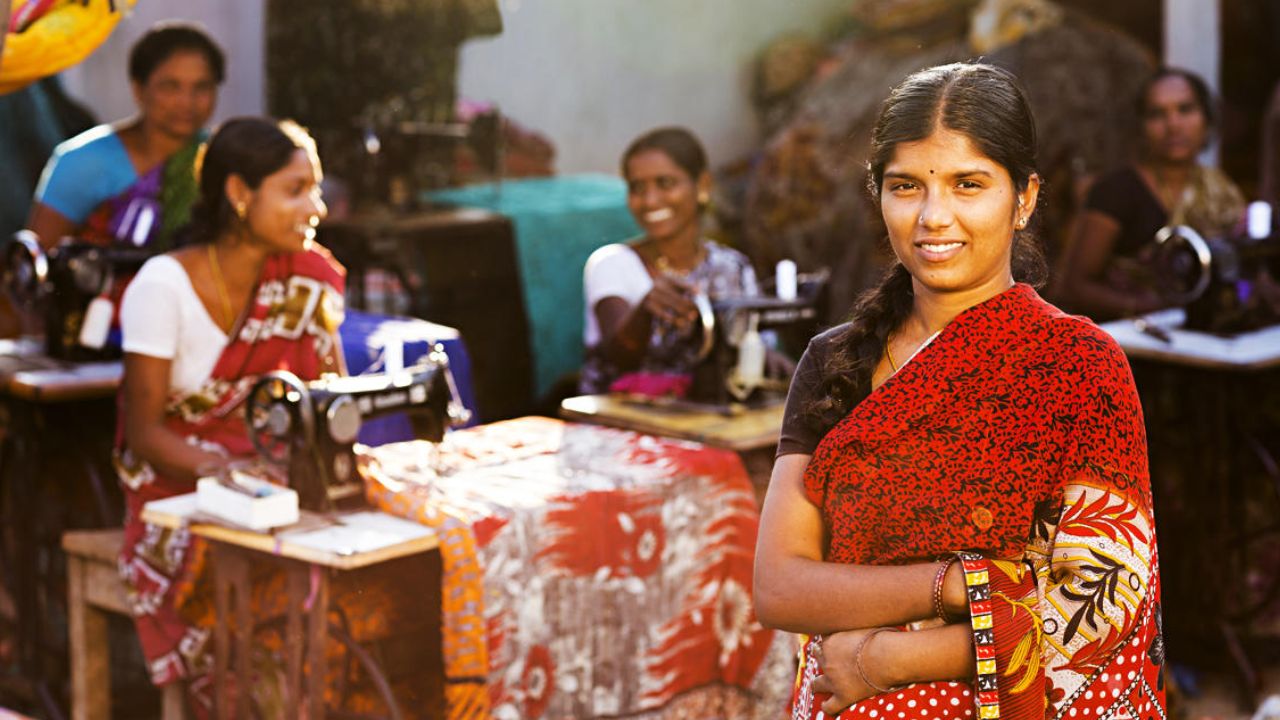
Sampurna Gram Vikas Kendra (SGVK), in collaboration with Phia Foundation, has been working extensively to empower women by enhancing their digital literacy and leadership capabilities. Believing that true empowerment begins with awareness and digital inclusion, SGVK launched the Digital Literacy Programme on 1st September 2017 across 450 villages in Palamu and Latehar districts. Through this initiative, 150 Internet Saathi were trained under the guidance of Google and Tata Trust, enabling over 85,227 women and girls aged 14–65 to become digitally literate. These women are now confidently using the internet to access government schemes, job vacancies, agricultural techniques, and even improve home-based businesses like tailoring and cooking. In a parallel effort to strengthen grassroots leadership, SGVK also conducted four Leadership Development Trainings with Self-Help Groups (SHGs) and Mahila Shakti members, equipping them with knowledge about women's rights, group strengthening, and livelihood enhancement. As a result, 90 more Internet Saathi were trained, 49,354 additional women gained digital skills, and Mahila Shakti groups initiated successful activities like mushroom cultivation and kitchen gardening. These interventions not only brought about digital inclusion but also fostered confidence, economic independence, and civic awareness among rural women, with approximately 218 women emerging as local leaders in Palamu alone.
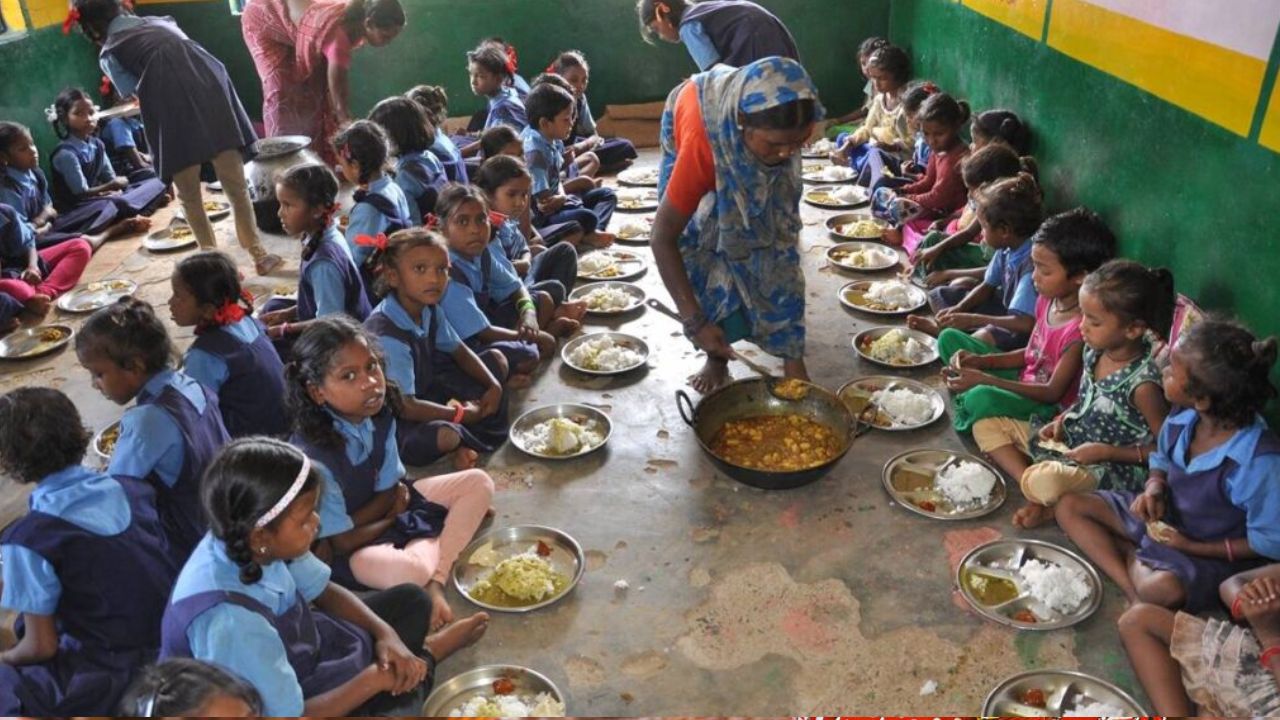
Sampurna Gram Vikas Kendra (SGVK), in collaboration with PRADAN, PHIA, and with technical support from Welthungerhilfe and BMZ, is implementing the Zero Hunger Panchayat project—an ambitious government-CSO partnership aimed at enhancing access to public services in the underserved regions of Jharkhand. Targeting vulnerable communities across Palamu and Latehar districts, the project addresses systemic barriers that prevent Dalits, Adivasis, and women from accessing vital government entitlements. Through innovative strategies such as Citizen Help Desks (Nagarik Sahayat Kendras), community empowerment sessions, Integrated Natural Resource Management (INRM) planning, and a robust Community-Based Monitoring System (CBMS), SGVK fosters transparency, accountability, and inclusive local governance. Spanning 24 Gram Panchayats and 166 villages, the project is reaching over 80,000 individuals with the support of 24 dedicated NSK Fellows and a committed project team. The Zero Hunger Panchayat initiative stands as a model for participatory rural development, ensuring food and nutrition security, improved livelihoods, and strengthened social protection for Jharkhands most marginalized populations.
Copyright © 2025 Sampurna Gram Vikas Kendra All Rights Reserved
Design By: Brightcode
